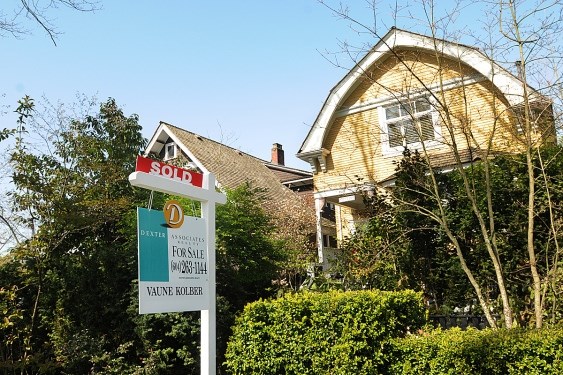Have you recently bought or sold a home? If you were a buyer, did you pay more than you wanted because you were told there was a competing bid on the property?
If so, you are not alone.
Many of us have encountered this real estate strategy even though it may be contrary to the Canadian Real Estate Association Code of Ethics. More specifically, a realtor cannot tell a prospective buyer about another bid unless they know for a fact it was formally submitted in writing.
To address this practice, new rules come into effect in Ontario today (July 1) to make real estate bidding wars more transparent and so-called “phantom bids” a thing of the past.
Under these rules drawn up by the Ontario government and Ontario Real Estate Board, real estate agents will no longer be allowed to tell a potential buyer there is a competing offer unless that offer is signed, sealed and delivered.
If someone has suspicions about the validity of a competing offer, his doubts can be taken to the Real Estate Council of Ontario and the listing agent will be required to show proof.
If the agent has fabricated the offer, he or she may be liable for a substantial fine or jail time.
According to a recent Toronto Star story, officials in British Columbia say they haven’t received many complaints about phantom bids and therefore do not believe similar rule changes are needed, adding there are ethical codes in place that prohibit agents from using deceptive practices.
However, based on my experience and discussions with real estate agents in preparation for an interview tonight on CBC’s The National, similar rule changes in B.C. would be of benefit to potential buyers.
Realtors tell me that while more sophisticated buyers often know when “phantom offers” are being fabricated, first-time buyers are more easily duped. They could benefit from new legislation.
Since the Vancouver real estate market is even hotter than the weather, this may be a good time to discuss other real estate practices.
Recently, some Vancouver media have expressed alarm over the fact that properties are selling well above their listing price.
What they do not realize is that in many cases, the listing price is deliberately set below market value as a strategy to obtain multiple offers. Once the offers have been received, it is not uncommon for agents to play one off against another.
Some of these agents then boast in their real estate listings about the many properties they sold above listing price.
As I observe the Vancouver market, I am reminded of a New Zealand television program I watched during a 2007 trip called School of Home Truths.
It followed 13 potential house buyers and sellers as they learned how to successfully play the real estate game under the tutelage of a critic of the real estate industry, a psychologist and financial expert.
Through the use of hidden cameras, the students and real estate agents were observed and evaluated on their performance.
One episode opened with a classic card trick to reveal how some real estate agents, like good magicians, can make you think you are in control, when you really are not.
Through a hidden camera we see an agent telling a prospective purchaser what a “nightmare” a property has been to sell, and why the vendor will likely accept significantly less than the asking price.
Another agent encourages a prospective vendor to list a home with her noting, “I really don’t have to work for a living because my husband is an importer.”
The program stresses the importance of not letting your emotions take over when buying a home, and how to carry out an initial inspection of a house. The teachers then grade the students on their performance.
“She didn’t even check the shower for water pressure,” exclaims one teacher in justifying a student’s poor mark.
I suspect it is just a matter of time before we have a similar program in Vancouver.
In future columns I will discuss alternative approaches to buying and selling homes, outdated real estate commissions, and what I learned about real estate agents from the book Freakonomics.



